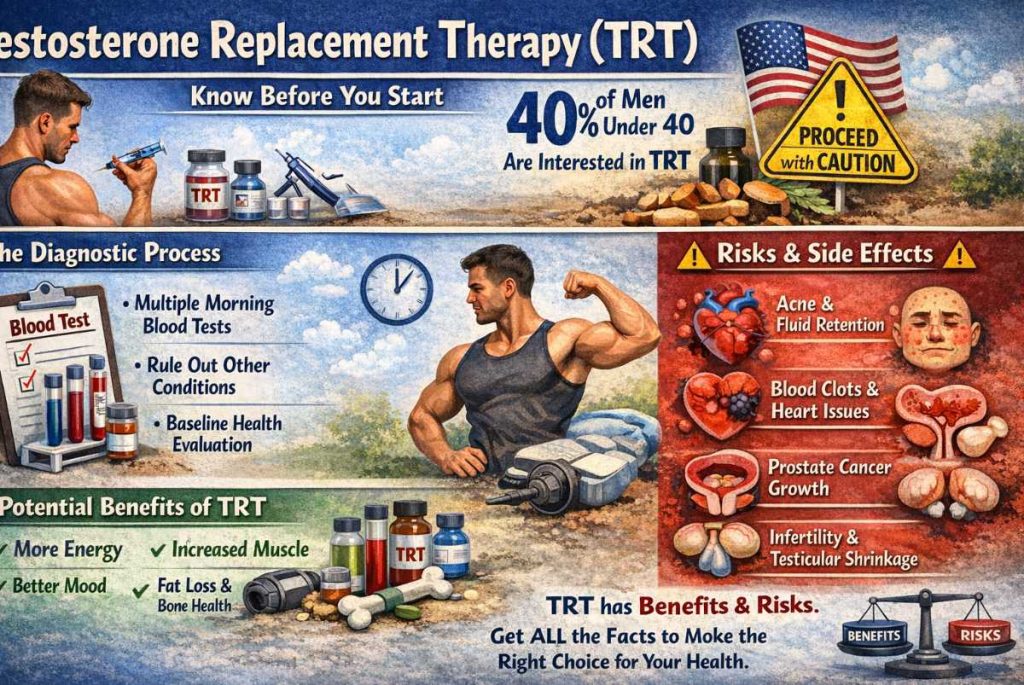When people think about healthcare careers, they often picture doctors, nurses, or other clinical staff working directly with patients. But the reality is, the healthcare industry relies heavily on professionals who never step into an exam room. These nonclinical roles keep the system organized, ensure accurate records, and make sure providers get paid for the care they deliver.
The best part? Many of these careers don’t require years in medical school, and several can be prepared for through online training programs. That makes them a practical option for career changers, recent grads, or anyone looking to enter a high-growth field without a huge upfront investment.
Why Nonclinical Roles Matter
Behind every successful patient encounter is a team of nonclinical professionals who handle the business, technology, and administrative side of healthcare. They:
- Maintain patient records and ensure data accuracy
- Process insurance claims and billing
- Manage scheduling, intake, and patient access
- Support compliance and regulatory requirements
These positions not only create smooth operations for providers but also open steady, rewarding career paths for individuals. For example, those interested in working with data and insurance processes can start with medical billing and coding classes to gain the skills needed for one of the industry’s most in-demand entry points.
1. Medical Billing and Coding Specialist
Daily tasks: Specialists review clinical documentation and translate it into standardized codes for insurance claims. They ensure providers are reimbursed correctly and that patient records are accurate.
Pay trends: According to industry surveys, the median pay often ranges from $45,000 to $60,000 per year, with experienced coders in specialty practices earning more.
Core skills:
- Attention to detail and accuracy
- Familiarity with ICD-10 and CPT coding systems
- Comfort with computer software and databases
Work setting: Many billing and coding roles are remote or hybrid, making them a flexible option for people who prefer working outside of traditional office environments.
Training usually includes instruction in coding systems, healthcare law, and insurance procedures. Certification, such as becoming a Certified Professional Coder (CPC), often boosts job prospects.
2. Health Information Technician
Daily tasks: Health information technicians manage and safeguard patient records. They’re responsible for ensuring data integrity, maintaining confidentiality, and often working with electronic health record (EHR) systems.
Pay trends: Salaries typically fall between $40,000 and $55,000 annually, with higher earning potential in hospitals or larger healthcare systems.
Core skills:
- Strong understanding of healthcare data and compliance
- Ability to navigate EHR platforms
- Analytical and organizational skills
Work setting: While some positions require being on-site, especially in hospitals, hybrid arrangements are increasingly common as record systems move fully digital.
This role is ideal for people who enjoy working with information and technology rather than direct patient care.
3. Patient Access Representative
Daily tasks: Often the first point of contact, patient access representatives handle check-ins, verify insurance, schedule appointments, and ensure all paperwork is in order. They play a major role in the patient experience.
Pay trends: These positions generally pay between $35,000 and $45,000 per year, with opportunities for advancement into supervisory or office management roles.
Core skills:
- Strong communication and customer service
- Knowledge of insurance procedures
- Ability to multitask in a fast-paced environment
Work setting: This role is more likely to be on-site, especially in clinics, hospitals, or outpatient centers, since it requires face-to-face interaction with patients.
Patient access representatives are a great fit for people who enjoy helping others and want to contribute to healthcare without direct clinical care.
4. Medical Claims Examiner
Daily tasks: Claims examiners review submitted medical claims to confirm accuracy and compliance with insurance policies. They investigate discrepancies, approve payments, or request additional information from providers.
Pay trends: The average salary is around $50,000 to $65,000 per year, with senior examiners or those in specialized insurance fields earning more.
Core skills:
- Critical thinking and analytical review
- Knowledge of medical terminology and insurance practices
- Strong written communication
Work setting: Many claims examiners work for insurance companies, with opportunities for remote or hybrid schedules.
This role suits individuals who prefer detailed review work and have an eye for spotting inconsistencies.
Final Thoughts
Healthcare will always need skilled professionals working behind the scenes to keep systems running. Nonclinical jobs like billing and coding specialists, health information technicians, patient access representatives, and claims examiners not only offer stability but also pathways for growth.
By pursuing online training, you can enter the industry faster and position yourself for roles that balance flexibility, purpose, and solid earning potential. Whether you’re looking for a career change or just starting out, nonclinical healthcare offers a variety of opportunities worth exploring.





